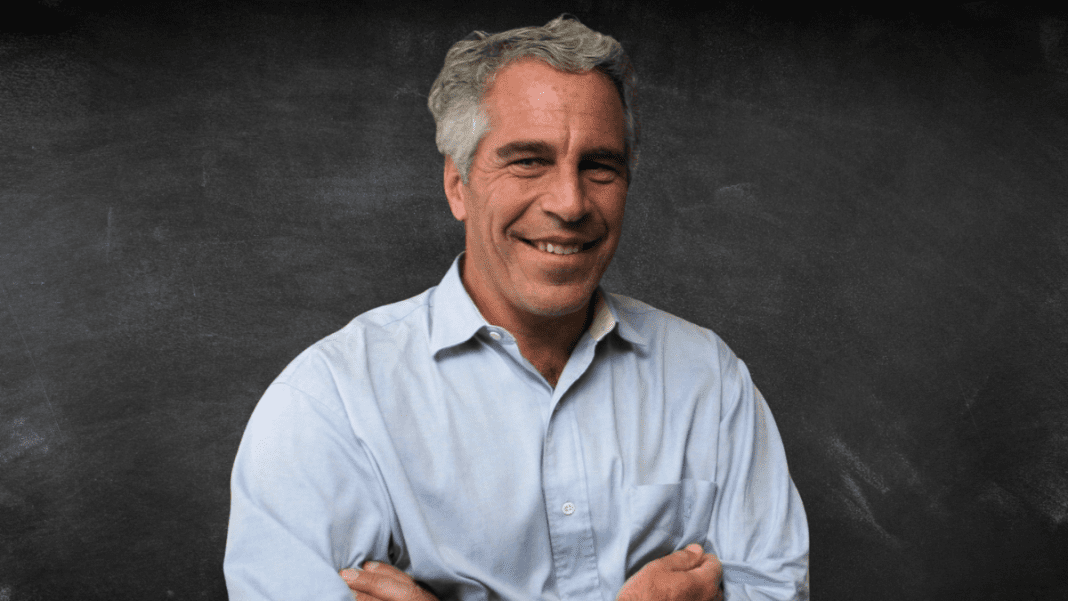Newly obtained private emails show the support and guidance Jeffrey Epstein received during the height of his legal troubles. The emails, collected by Bloomberg News, reveal how the disgraced financier sought help from top advisors as investigations closed in on him.
Epstein’s Private Emails Expose Crisis Advice
In February 2008, Epstein considered making a public apology. He worked with Merrie Spaeth, a crisis communication expert who had served as director of media relations for Ronald Reagan’s White House. Spaeth sent Epstein three versions of a public apology. One was short and humble, stating he hoped his apology would be accepted. Another was brief, pledging to behave appropriately in the future.
The third was longer and more reflective, referencing philosopher William James and Epstein’s “hour of terror,” asking him to consider his life and achievements before offering a heartfelt apology. Epstein had a clear favorite, but he never issued a public apology as envisioned in these drafts.
Spaeth’s emails show she was hired through a lawyer to provide communications advice to Epstein and his legal team. She eventually ended the engagement, citing discomfort with the assignment. Epstein’s email cache, totaling over 18,000 messages, also provides details on his private life, his methods of recruiting young women, and his long-standing partnership with Ghislaine Maxwell.
Epstein’s Legal and Academic Network
The emails reveal that Epstein’s connections extended far beyond his social circles. He maintained relationships with academics, legal experts, and media consultants, all of whom played roles in defending him during his legal troubles.
Epstein also funded academic projects and built connections with Ivy League researchers. Emails show he was interested in genetics, psychology, and artificial intelligence. Some researchers proposed projects such as the “pleasure genome initiative” and the “Epstein Brain” study, though these projects never fully materialized.
Epstein provided significant funding to some initiatives, such as more than $1 million for Harvard’s Personal Genome Project, led by George Church.
Despite mounting legal allegations, Epstein’s academic ties offered him both access and credibility. Prominent figures like developmental psychologist Howard Gardner offered personal advice, including reading suggestions and guidance about family matters. Epstein also maintained contact with Stephen Kosslyn, then-chair of Harvard’s psychology department, to organize gatherings of top academics across multiple disciplines.
Legal and Media Defense
Epstein’s legal team was equally influential. High-profile lawyers such as Alan Dershowitz, Jay Lefkowitz, and Stephanie Thacker worked to narrow his charges and protect him from federal prosecution. Emails show Dershowitz drafted letters defending Epstein’s character, emphasizing that no underage sex had occurred, and aimed to shield him from public scrutiny. Epstein reviewed these letters closely, sometimes requesting edits to better reflect his perspective.
Epstein also recruited additional legal heavyweights, including Ken Starr, who advised on constitutional matters, though not directly defending Epstein’s conduct. He delegated tasks and suggested language for his legal team, carefully orchestrating his defense. Records show Epstein paid millions to lawyers, with total legal fees reaching more than $54 million between 2003 and 2013.
Project Veritas drops Epstein nuke — DOJ distances itself as claims of Trump cover-up go viral
Media and public relations professionals were part of Epstein’s support network as well. Veterans like Howard Rubenstein, Dan Klores, Mike Sitrick, Peggy Siegal, and Merrie Spaeth provided guidance to protect his public image.
The emails show Epstein’s attempts to maintain influence, prestige, and a carefully curated image, even while facing serious legal challenges. They highlight the breadth of his personal and professional networks, which included lawyers, academics, and public relations experts who supported him during what he described as his “hour of terror.”
